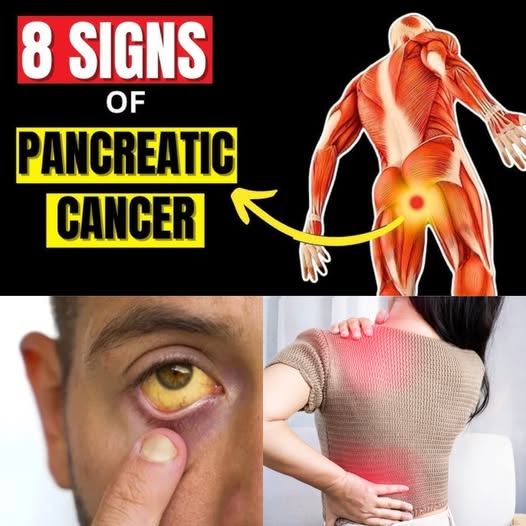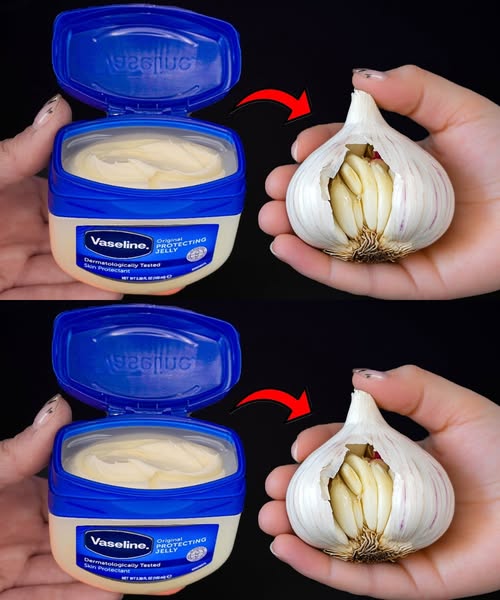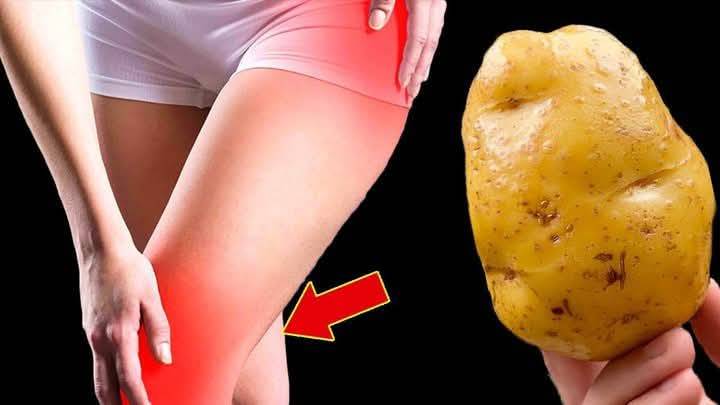Introduction: The Hidden Threat That’s Hard to Spot

Pancreatic cancer is often dubbed the “silent killer” for a terrifying reason—it creeps in quietly, with symptoms so vague and subtle that most people miss them until it’s too late. While it accounts for only about 3% of all cancers in the United States, it causes about 7% of all cancer deaths, according to the American Cancer Society. Why? Because by the time it’s detected, it’s often in its advanced stages.
But here’s the truth: early detection can dramatically improve your chances of survival. This article dives into 8 shocking symptoms of pancreatic cancer that you absolutely cannot afford to ignore. These critical signs may seem minor at first glance—but knowing them could quite literally save your life or the life of someone you love.
If you’ve ever asked:
- What are the early warning signs of pancreatic cancer?
- How do I know if my stomach pain is something more serious?
- Can pancreatic cancer be prevented?
Then you’re in the right place. Let’s uncover the truth—before it’s too late.
Body: 8 Shocking Symptoms of Pancreatic Cancer You Must Watch Out For
1. Unexplained Weight Loss
Keyword: unexplained weight loss pancreatic cancer
Losing weight without trying might sound like a dream come true—but if it’s paired with fatigue or digestive issues, it could signal something serious.
Pancreatic cancer often interferes with the body’s ability to absorb nutrients, resulting in sudden and significant weight loss. If you’ve dropped more than 10% of your body weight without dieting or increased exercise, consult your doctor immediately.
Actionable Tip: Keep a weight diary. If you notice rapid, unintentional weight loss over a few weeks, act fast.
2. Jaundice (Yellowing of the Skin and Eyes)
Keyword: jaundice and pancreatic cancer
One of the earliest, and sometimes most visible, signs is jaundice—a yellowing of the skin and eyes. This occurs when the tumor blocks the bile duct, causing bilirubin to build up in your body.
Even if you feel fine, jaundice without pain is a major red flag.
FAQ: Does jaundice always mean cancer?
Not always. It can also be caused by gallstones or hepatitis. But in adults, jaundice with no other symptoms should always be investigated.
3. Persistent Upper Abdominal or Back Pain
Keyword: pancreatic cancer back pain
Unlike common stomach cramps, pancreatic cancer pain is persistent, dull, and radiates to your back. It’s often worse after eating or when lying down.
This happens when the tumor presses on surrounding organs or nerves.
Urgent Insight: 80% of people diagnosed with pancreatic cancer report chronic upper abdominal pain as an early symptom.
4. Sudden-Onset Diabetes or Blood Sugar Issues
Keyword: sudden diabetes pancreatic cancer
Here’s a shocker: Pancreatic cancer can cause diabetes.
If you’re over 50 and recently developed diabetes without a family history or weight gain, take this seriously. The pancreas regulates insulin, and a tumor can disrupt this balance, leading to blood sugar spikes and crashes.
Stat Alert: Studies show up to 40% of pancreatic cancer patients are diagnosed with diabetes 1-2 years before their cancer diagnosis.
5. Digestive Problems and Bloating
Keyword: pancreatic cancer digestive issues
If you’re experiencing constant bloating, poor appetite, nausea, or feeling full quickly, your pancreas may not be producing enough digestive enzymes.
This can lead to greasy, floating, foul-smelling stools, a symptom known as steatorrhea—another silent indicator of pancreatic dysfunction.
Common Misconception: Many chalk this up to IBS or food intolerance. Don’t self-diagnose. Persistent symptoms deserve medical attention.
6. Dark Urine and Pale Stools
Keyword: dark urine pale stool pancreatic cancer
Urine that looks like strong tea and stools that are grayish or clay-colored can be tied to blocked bile flow—another early signal of pancreatic cancer.
These changes are subtle, often mistaken for dehydration or diet changes.
Quick Tip: If you notice these color changes lasting more than 2–3 days, pair them with other symptoms, and see your doctor ASAP.
7. Fatigue That Doesn’t Go Away
Keyword: fatigue pancreatic cancer symptom
This isn’t your typical “I-need-coffee” fatigue. This is constant, bone-deep tiredness that doesn’t improve with rest.
Cancer cells consume a lot of energy, leaving your body drained. Combine that with nutrient malabsorption and insomnia caused by abdominal pain, and you get relentless fatigue.
Power Tip: Fatigue with weight loss and back pain? That’s a triad you can’t ignore.
8. Depression or Mood Changes Without Cause
Keyword: depression pancreatic cancer link
One of the most surprising signs? Mood shifts, irritability, and depression—often before any physical symptoms appear.
Pancreatic tumors may influence brain chemistry, or perhaps it’s the body’s internal sensing of disease.
Medical Insight: A study published in The Journal of Clinical Oncology found depression is frequently present in patients even before their pancreatic cancer diagnosis.
FAQs: What You Need to Know Now
Q: What are the main causes of pancreatic cancer?
A: While the exact causes aren’t always known, risk factors include smoking, obesity, chronic pancreatitis, family history, and age (most cases occur in people over 60).
Q: Is pancreatic cancer hereditary?
A: Yes, about 10% of cases have a genetic component. If you have a family history, consider genetic testing or screening.
Q: Can pancreatic cancer be cured if caught early?
A: Yes—early-stage pancreatic cancer can often be treated surgically, and outcomes are significantly better. Unfortunately, only 10-15% of cases are found early enough for surgery.
Q: How fast does pancreatic cancer progress?
A: It can be aggressive and may spread rapidly. That’s why recognizing the subtle early signs is critical for timely diagnosis and treatment.
Q: How is it diagnosed?
A: Typically through imaging tests (CT scan, MRI), blood tests, and sometimes biopsies. A specialized test called CA 19-9 can detect elevated tumor markers.
Conclusion: Take Action Before It’s Too Late
Pancreatic cancer doesn’t give loud warnings. It whispers.
But now, you know what to listen for—and that knowledge is power.
These 8 symptoms may seem minor in isolation, but when combined, they paint a picture that should never be ignored. If you or someone you love is experiencing multiple symptoms, don’t wait. Speak to a healthcare provider immediately.
Early detection can increase the five-year survival rate from 10% to over 30%, according to the Pancreatic Cancer Action Network. Every day counts.


